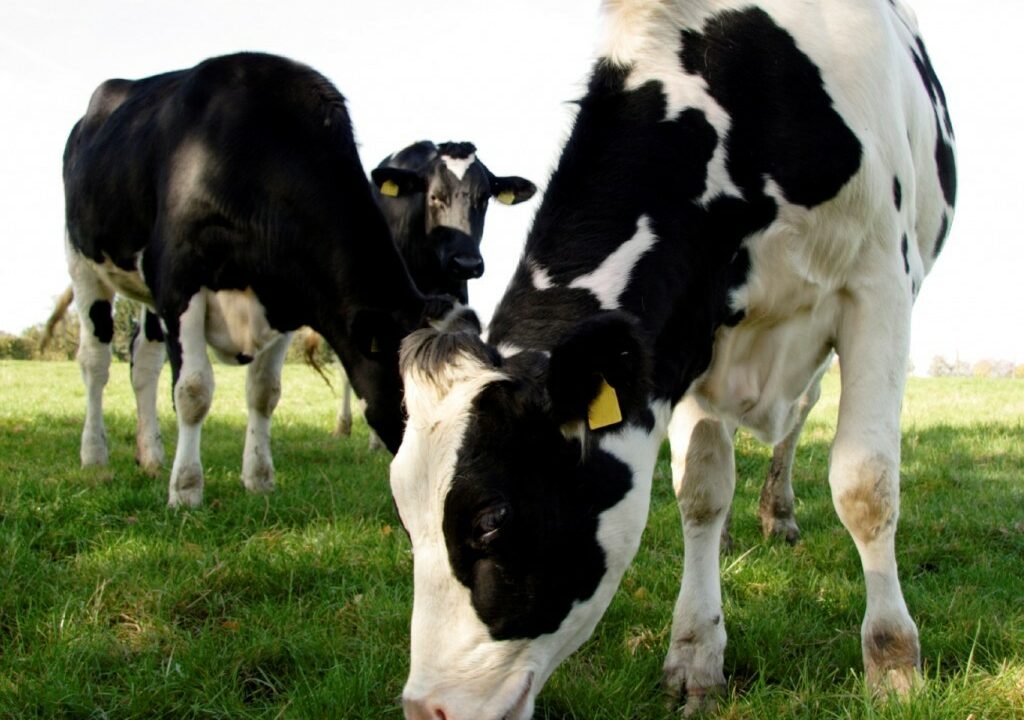Cattle farmers are being warned that they are now entering a high risk period for parasitic pneumonia, commonly known as hoose or husk.
The Agri-Food Biosciences Institute in Northern Ireland has said that now is the time for house outbreaks. Hoose is caused by the lungworm Dictyocaulus viviparous, with outbreaks of the disease usually occurring from July to October with occasional outbreaks happening either earlier in the summer or after October.
Warm and moist conditions are required for a build up of lungworm contamination on pasture. With the good weather experienced in May followed by wetter weather in June, lungworm burdens on pasture could potentially be high and may increase further, the AFBI warned.
The AFBI said farmers should think lungworm whenever batches of calves grazing permanent or semi permanent pastures are affected by respiratory signs and coughing.
Lungworm can result in severe financial losses due to loss of performance, fatalities in growing cattle, a drop in milk yield and fatalities in lactating cows, according to the AFBI.
Fatal cases of hoose have already been diagnosed in calves examined at AFBI laboratories during the current grazing season.
Animals pick up the infection when infective larvae are ingested from the pasture, with calves in their first grazing season most at risk.
Thereafter, immunity may develop and this is important in developing a resistance to re-infection in previously exposed calves. Persistence of immunity is dependent on further exposure, and in the absence of exposure immunity may wane over time, according to the AFBI.
Cases of hoose are now commonly diagnosed by AFBI in older calves and in adult cattle in which immunity to lungworm has waned due to lack of exposure, or in animals which were not exposed to lungworm in previous seasons.
Faecal testing for lungworm larvae is also a useful diagnostic aid but it should be remembered that negative results may happen if the infection is still in the early stages, warned the AFBI.
Effective treatment options are available involving the administration of anthelmintic products. Veterinary advice and treatment should be sought for severely affected animals, according to the AFBI.
